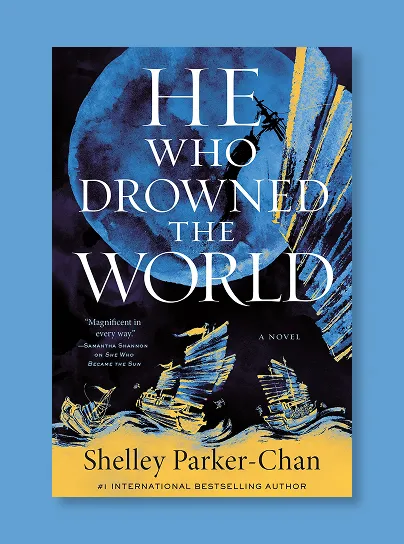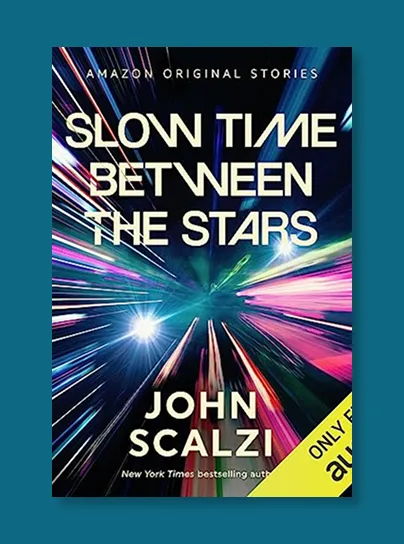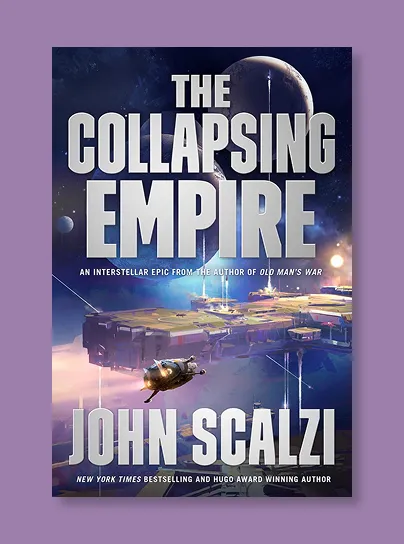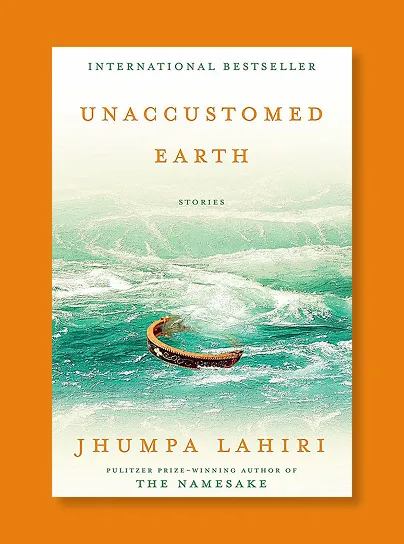
He Who Drowned the World
A phenomenal second book by this author which was written to sew up the loose ends of her debut book, She Who Became the Sun.
This one is much darker and weaves a web of expertly defined characters to an unexpected and satisfying conclusion. Like the first book, there are gender-bending characters and "terrible, murderous queers" (a term coined by the author).
Long after Baoxiang had ceased to believe things could be different between him and Esen, he’d still hoped for it. He knew how hard it was to let go of a future that seemed real because of how much you wanted it. Sometimes letting go was so hard that it only happened when what you held was crushed, so the fragments fell from between your still-grasping fingers.
Set in the mid 1300s at the border of China and Mongolia and detailing the struggle of China to liberate itself from a Mongolian overlord, the story rejoins Zhu Chongba who has renamed herself Zhu Yuanzhang, the Radiant King. In this book, she allies herself with the person who hurt her in the first book, the eunuch General Ouyang.
The story hones in on the darkness inside General Ouyang and another main character, Wang Biaoling, the Prince of Henan. The darkness that permeates these two men is brought on by the same experience: being despised for who they are and being made to live an inauthentic life because of it.
One is a man inside the body of a child, and the other is an effeminate man who excels at things considered unworthy of a prince (books, calligraphy and accounting).
As they waited, her excitement mingled with a quiver in the seat of her qi. There had always been that strange connection between herself and Ouyang when they came into proximity, as of the natural resonance that occurred between two like substances. Between two people, who were each neither one thing nor the other. She had the feeling of straining for his arrival not just with her eyes and ears, but with that internal aspect that was always casting out into the world with the desire to find something like itself.
The protagonist, a woman who presents as a man, wants to take the seat of the Mongolian overlord because she wants to put in place a dynasty that allows people to be who they are with acceptance and without shame; a dynasty that accepts that women have desires too, that men don’t have to be a certain way to be considered masculine, that people with physical differences are worthy of entering heaven.
For an instant, he saw her grief. But it was as if he were glimpsing a great undersea storm bending the weeds and ripping the sand from the seabed as it moved through the body of the water, all without disturbing the surface.
This book focuses a great deal on what pain caused by a lack of acceptance does to a person. The pain that the lead character has to endure on route to her desire leads her, many times, to ask herself if it's worth it. She sees in herself and in others how one's personality changes to include darkness when pursuing a resolution for that kind of pain.
A really excellent book that was sometimes hard to read but totally worth it.



